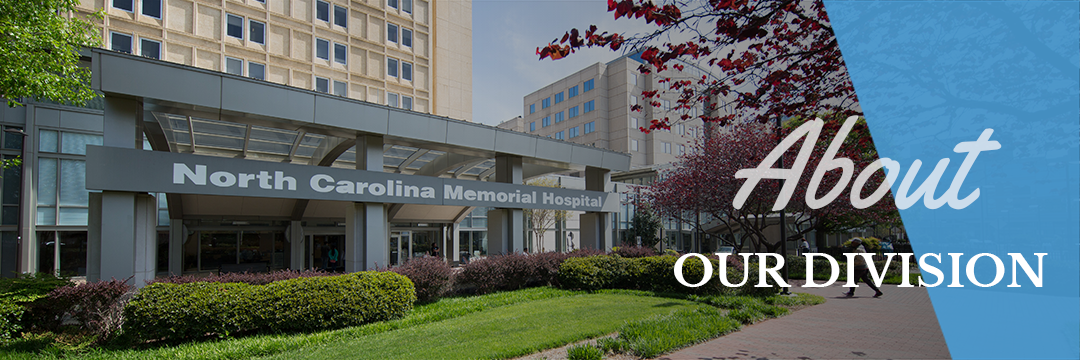About
A Message From the Chief


The Division of Nephrology and Hypertension is committed to providing the highest level of care for patients with kidney disease and the myriad of diseases that impact kidney function. In order to meet these clinical needs, the Division has recruited a talented group of faculty members with expertise in complex disorders. Nephrologists are specialists trained to manage the diverse physiologic and pathologic conditions that are related to kidney function and dysfunction. As such, nephrologists, often known as the “internists’ internist”, must have expertise in acute and chronic kidney disease, glomerular diseases, kidney dysfunction consequent to cardiovascular disease, heart failure, hypertension, diabetes mellitus, liver disease, cancer and cancer chemotherapy, and amyloidosis. The kidney is also central to fluid and electrolyte balance, and nephrologists are equipped to manage abnormal blood levels of sodium (e.g., hyponatremia), potassium (hypokalemia/hyperkalemia), and acid-base disorders. Importantly, nephrologists are also expert in the care of advanced kidney disease that may require treatment with dialysis, transplantation, and/or supportive care.
At the UNC Kidney Center, the Division’s research center, faculty conduct research supported by over 15 million dollars of annual funding. The Division’s research portfolio is diverse and includes basic science, translational, and clinical studies in autoimmune disease, systemic lupus erythematosus, vasculitis, chronic kidney disease, patient centered outcomes, diabetic kidney disease, dialysis-dependent kidney failure, vascular biology and access, transplantation, and the prevention of infectious complications of kidney disease.
The Division is replete with award winning and nationally renowned educators, who are leaders in undergraduate, graduate, and post-graduate medical education. The Division offers clinical and research tracks in nephrology, as well as subspecialty training in transplantation and glomerular disease.

Gerald Hladik, MD
Chief, Division of Nephrology and Hypertension